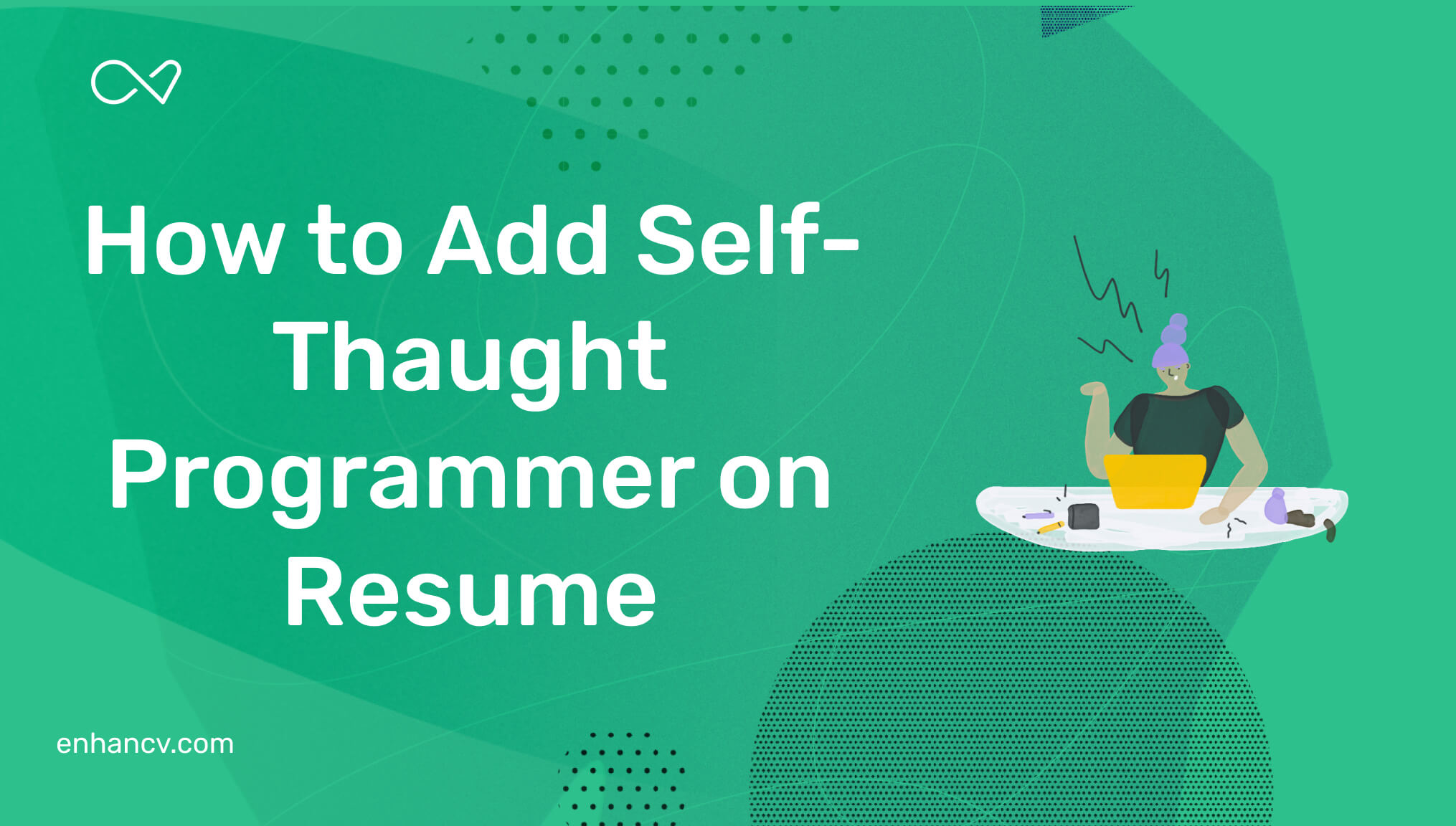
Essential Tips for Self-Taught Programmers: A Comprehensive Guide
So, you’ve decided to take on the challenge of learning programming on your own. Whether it’s out of passion for technology, a desire for a career change, or simply a curiosity to explore the world of coding, embarking on the journey of self-taught programming is an exciting and rewarding endeavor. Here are some essential tips to help you navigate this path and become a proficient self-taught programmer.
Building a Learning Roadmap
The first step in your self-taught programming journey is to create a learning roadmap. Identify the programming languages you want to learn, the projects you want to work on, and the resources you’ll need. Break down your goals into manageable steps, setting milestones along the way. Having a clear roadmap will keep you focused and motivated as you progress.
Utilizing Online Resources
One of the greatest advantages of self-taught programming is the abundance of online resources available at your fingertips. From coding tutorials and video courses on platforms like YouTube and Udemy to interactive coding websites such as Codecademy and freeCodeCamp, the options are endless. Take advantage of these resources to learn at your own pace and reinforce your understanding of programming concepts.
Joining Coding Communities
While learning programming on your own can be solitary, you don’t have to go it alone. Joining coding communities and forums can provide invaluable support, encouragement, and opportunities for learning. Platforms like Stack Overflow, Reddit’s r/learnprogramming, and GitHub are great places to ask questions, share knowledge, and connect with fellow self-taught programmers.
Embracing Hands-On Practice
Theory is important, but nothing beats hands-on practice when it comes to learning programming. Apply what you’ve learned by working on coding projects that interest you. Whether it’s building a website, creating a mobile app, or developing a simple game, practical projects will help solidify your understanding of programming concepts and build your portfolio.
Staying Consistent with Learning
Consistency is key to success as a self-taught programmer. Set aside dedicated time each day or week for learning and coding practice. Treat it like any other commitment, and make it a habit. Even if you can only spare 30 minutes a day, the cumulative effect of consistent practice will yield significant results over time.
Mastering Problem-Solving Skills
Programming is essentially the art of solving problems with code. As a self-taught programmer, honing your problem-solving skills is crucial. Practice breaking down complex problems into smaller, more manageable tasks. Learn to think algorithmically, analyze problems logically, and implement solutions efficiently. Websites like LeetCode and HackerRank offer coding challenges to help you sharpen your problem-solving skills.
Seeking Mentorship and Feedback
While you may be learning programming on your own, seeking mentorship and feedback can greatly accelerate your learning journey. Reach out to experienced programmers in your network or online communities for guidance and advice. Show your code to others for feedback and constructive criticism—it’s a valuable way to identify areas for improvement and learn best practices.
Balancing Theory and Practice
Finding the right balance between theory and practice is essential for effective learning. Don’t get bogged down in too much theory without applying it in practical projects. Likewise, don’t rush into coding without understanding the underlying concepts. Striking this balance will help you develop a strong foundation in programming principles while gaining hands-on experience.
Embracing a Growth Mindset
As a self-taught programmer, you’ll encounter challenges, setbacks, and moments of frustration. It’s all part of the learning process. Embrace a growth mindset, view mistakes as learning opportunities, and persist through challenges. Celebrate your successes, no matter how small, and remember that every line of code you write brings you closer to your goals.
Creating a Portfolio and Showcasing Your Work
Finally, as you progress in your self-taught programming journey, start building a portfolio of your projects. Showcase your best work on platforms like GitHub, a personal website, or coding forums. A portfolio not only demonstrates your skills and abilities to potential employers or clients but also serves as a reflection of your growth and progress as a self-taught programmer.
In conclusion, learning programming as a self-taught individual is an empowering and fulfilling experience. By following these essential tips, staying persistent, and embracing the learning process, you’ll be well on your way to becoming a proficient and successful self-taught programmer. So, roll up your sleeves, fire up your code editor, and embark on this exciting journey of self-discovery through programming! Read more about tips for self taught programmers
